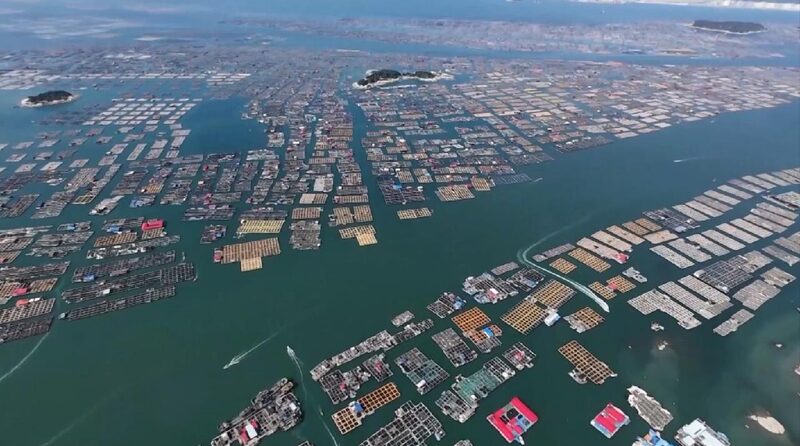Chinese Expert Unveils Breakthrough in Climate Disaster Prediction
The ocean, with its immense heat capacity, plays a crucial role in regulating typhoon intensity and global climate change. As climate change intensifies worldwide, predicting and assessing extreme ocean and climate events has become a global priority. Enhancing forecasting capabilities is essential for effective marine disaster prevention and mitigation.
At the 2024 Global Ocean Development Forum, the Ocean and Climate Early wArNing Universal System (OCEANUS) was unveiled. This groundbreaking system is a landmark achievement of the Ocean to Climate Seamless Forecasting System (OSF) program, led by the First Institute of Oceanography (FIO) under China’s Ministry of Natural Resources.
OCEANUS currently encompasses four subsystems: global ocean numerical forecast, marine coral reef bleaching warning, maritime search and rescue forecast, and offshore oil spill response. Plans are underway to launch typhoon forecast and climate prediction subsystems in the near future.
“Through scientific research, we have discovered methods that can greatly improve our ability to predict and simulate climate,” said Qiao Fangli, Deputy Director General of the FIO. “We can enhance prediction accuracy by about 50 percent. With this improved precision, we can inform people earlier whether this year will be colder or warmer, and whether we\’ll face more floods or droughts.”
The advanced forecasting capabilities of OCEANUS represent a significant contribution by China to global efforts in ocean disaster prevention and reduction. By substantially improving the prediction of oceans, typhoons, and climate patterns, the system aims to better prepare communities worldwide for the impacts of climate change.
Reference(s):
Chinese expert shares key approach for handling climate disasters
cgtn.com








